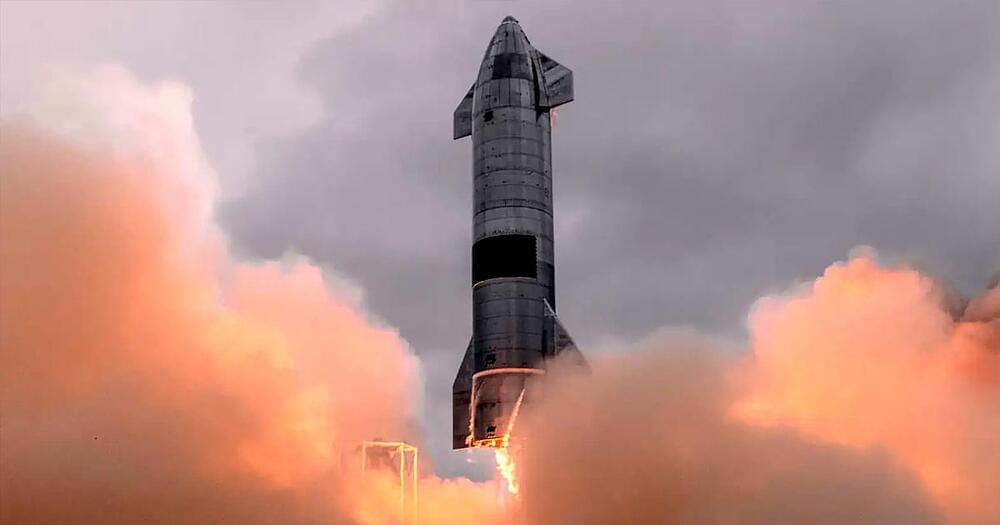SpaceX has reflown a converted Falcon Heavy side booster just 37 days after its first mission as a Falcon 9 rocket, successfully delivering a batch of Starlink satellites to low Earth orbit (LEO) in the process.
Booster B1052 first flew in April 2019 as part of Falcon Heavy Block 5’s launch debut. The same side core was reused two and a half months later in June 2019 but was then unceremoniously ushered into an unknown warehouse. Despite earlier statements from CEO Elon Musk indicating that new Block 5 Falcon Heavy side boosters could be quickly and easily converted into Falcon 9 boosters, B1052 remained mothballed in storage for the better part of two and a half years. Only in December 2021 – almost 30 months after its last launch – did the former Falcon Heavy side core finally reappear in the form of a Falcon 9 booster.
A month and a half later, on January 31st, Falcon 9 B1052 debuted with the flawless launch of Italy’s CSG-2 Earth observation satellite, subsequently becoming the first SpaceX booster of any kind to complete three back-to-back ‘return-to-launch-site’ landings.







